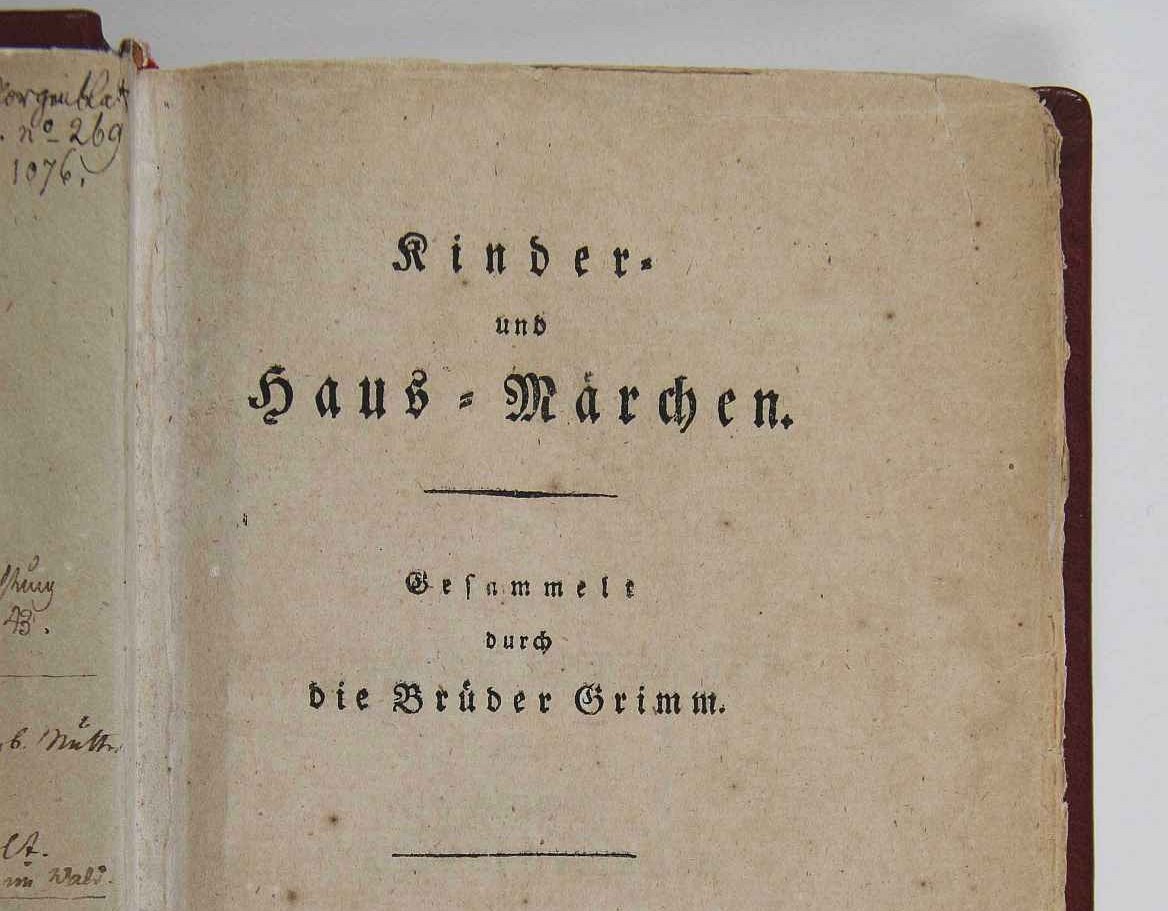Researchers discover lost works of the Brother’s Grimm in the Adam Mickiewicz University Library.
The Brothers Grimm, Jacob (1785–1863) and Wilhelm (1786–1859), were German academics who collected and published tales of traditional folklore, such as “Hansel and Gretel”, “The Frog Prince”, “Little Red Riding Hood”, “Rapunzel”, “Rumpelstiltskin” and “Sleeping Beauty”.
The Grimms’ legacy contains legends, novellas, and folk stories, the vast majority of which were not intended as children’s tales.
Many of their works were thought lost following WW2, however, 27 original volumes have been recently discovered in the collection of the Adam Mickiewicz University Library.
The works consist of rare prints and unique editions which are providing a valuable source on the research methods used by the two brothers.
In the footnotes and indexes to their publications, both brothers were meticulous in providing their written source material and hand-written underlining, notes and annotations.
According to the researchers: “The volumes found in the University Library were long thought to have been lost during WWII. They hold significant value in their contribution to the development of modern research on the Brothers’ literary and scientific output.”
“The very fact that they have been found allows us to believe that the book collections at the Library can hold other volumes that belonged to the private book collection of Jakob and Wilhelm Grimm,” added the researchers
It is believed that the books came to the University Library in Poznań in the post-war period as a result of the war and post-war movement of library collections.
Header Image Credit : Public Domain
Sources : PAP





